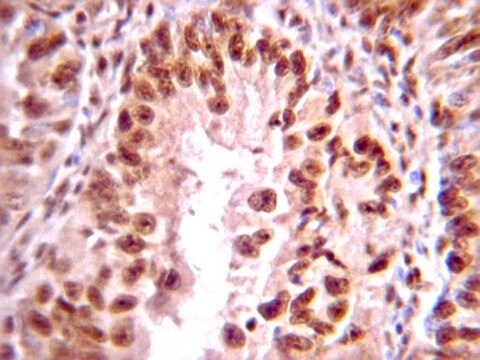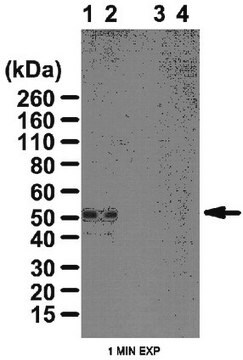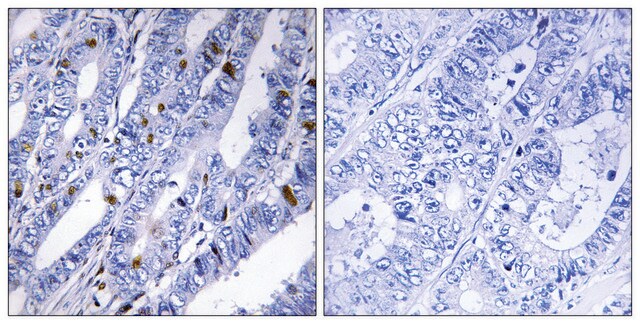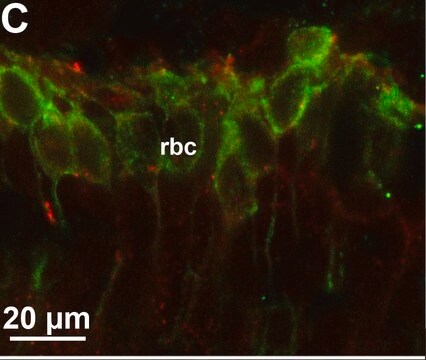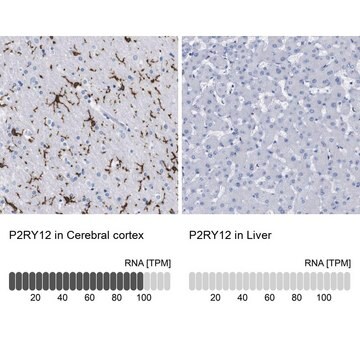ABS14
Anti-PKA RII Beta Antibody
from rabbit, purified by affinity chromatography
Synonym(s):
protein kinase, cAMP-dependent, regulatory, type II, beta, cAMP-dependent protein kinase type II-beta regulatory chain, cAMP-dependent protein kinase type II-beta regulatory subunit
About This Item
Recommended Products
biological source
rabbit
Quality Level
antibody form
affinity isolated antibody
antibody product type
primary antibodies
clone
polyclonal
purified by
affinity chromatography
species reactivity
mouse, human, horse
species reactivity (predicted by homology)
bovine (based on 100% sequence homology), rhesus macaque (based on 100% sequence homology), canine (based on 100% sequence homology), chimpanzee (based on 100% sequence homology), equine (based on 100% sequence homology)
technique(s)
western blot: suitable
NCBI accession no.
UniProt accession no.
shipped in
wet ice
target post-translational modification
unmodified
Gene Information
human ... PRKAR2B(5577)
General description
Specificity
Immunogen
Application
Signaling
Kinases & Phosphatases
Quality
Western Blot Analysis: 0.5 µg/mL of this antibody detected PKA RII Beta on 10 µg of human brain tissue lysate.
Target description
Physical form
Storage and Stability
Analysis Note
Human brain tissue lysate
Other Notes
Disclaimer
Not finding the right product?
Try our Product Selector Tool.
Storage Class Code
12 - Non Combustible Liquids
WGK
WGK 1
Flash Point(F)
Not applicable
Flash Point(C)
Not applicable
Regulatory Listings
Regulatory Listings are mainly provided for chemical products. Only limited information can be provided here for non-chemical products. No entry means none of the components are listed. It is the user’s obligation to ensure the safe and legal use of the product.
JAN Code
ABS14:
Certificates of Analysis (COA)
Search for Certificates of Analysis (COA) by entering the products Lot/Batch Number. Lot and Batch Numbers can be found on a product’s label following the words ‘Lot’ or ‘Batch’.
Already Own This Product?
Find documentation for the products that you have recently purchased in the Document Library.
Our team of scientists has experience in all areas of research including Life Science, Material Science, Chemical Synthesis, Chromatography, Analytical and many others.
Contact Technical Service